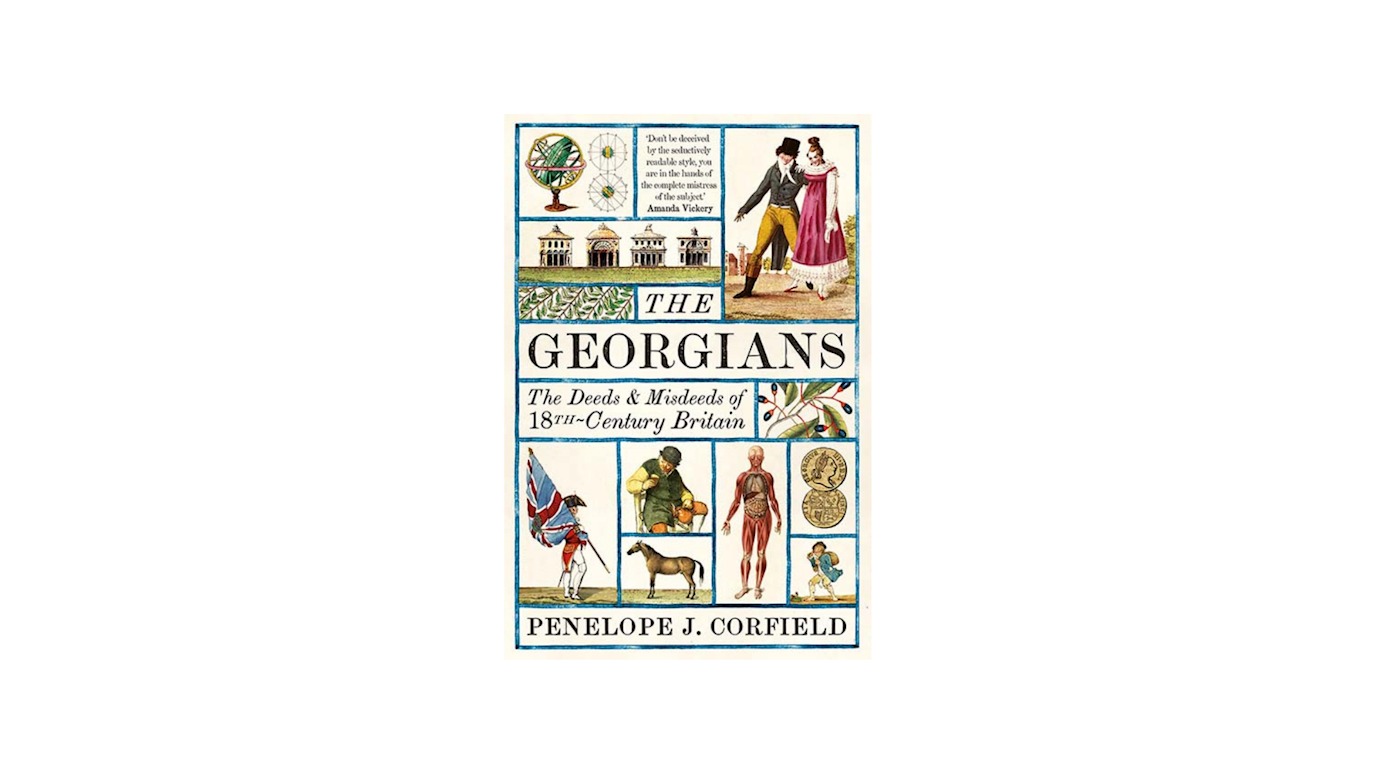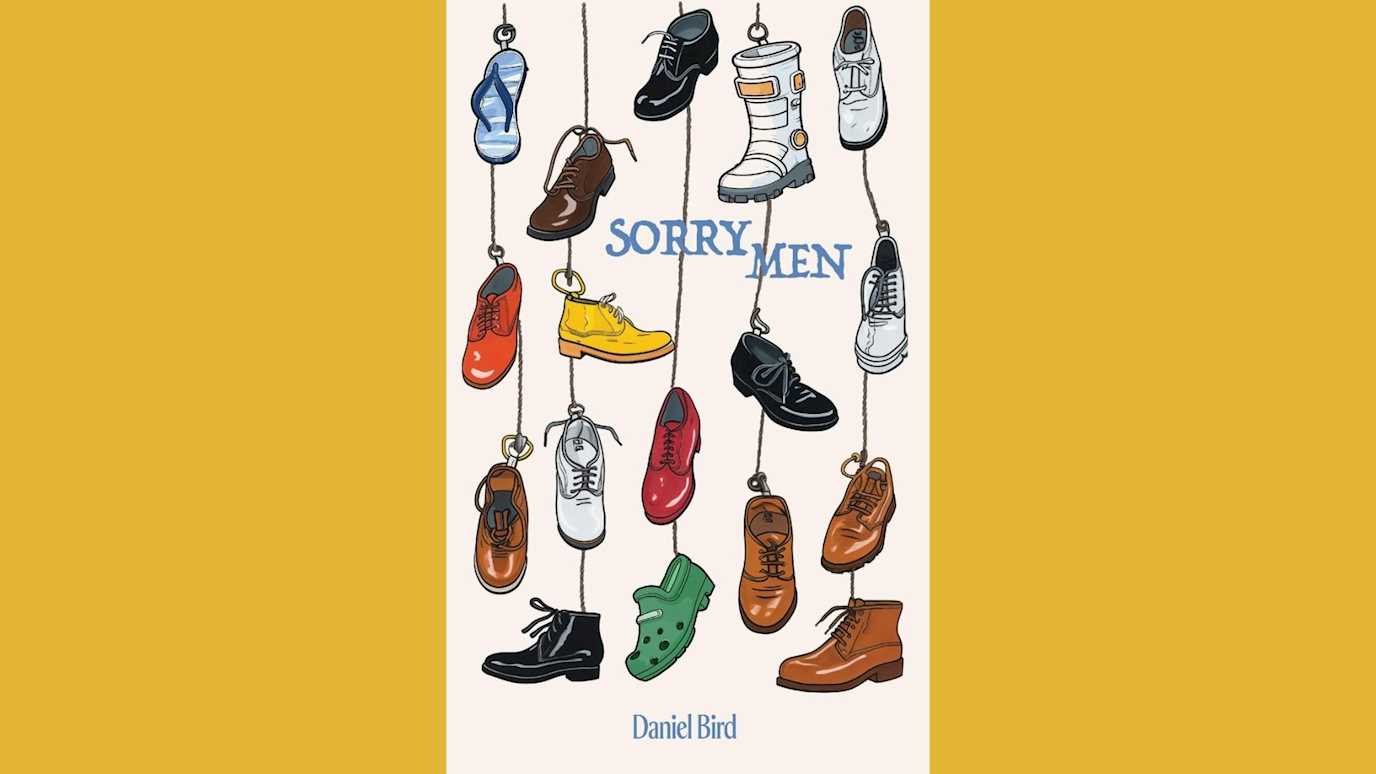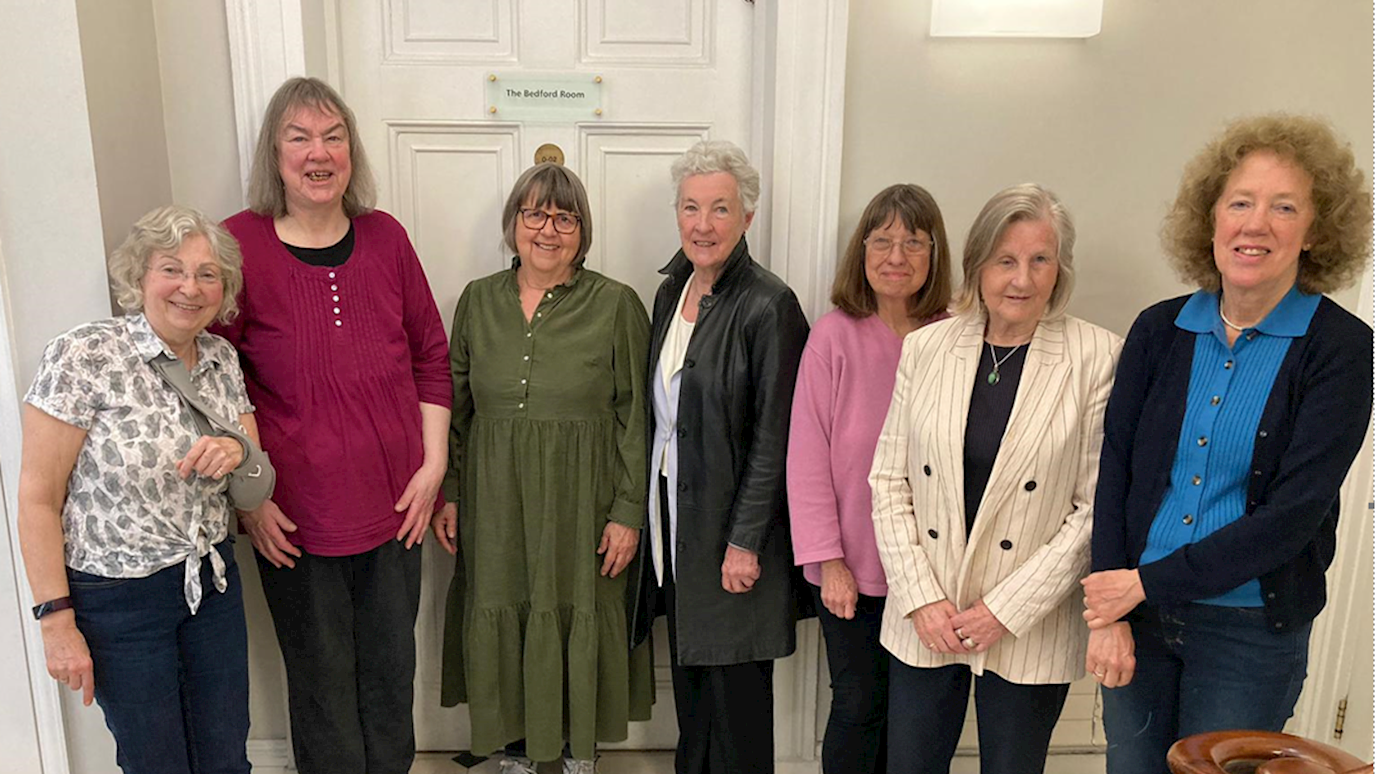Professor Penelope Corfield's book The Georgians: The Deeds & Misdeeds of Eighteenth-Century Britain came out at the start of the year. She tells us more about the process of writing and publishing it.

An image of the cover of The Georgians: The Deeds & Misdeeds of Eighteenth-Century Britain
Publishing The Georgians: The Deeds & Misdeeds of Eighteenth-Century Britain (Yale UP Jan. 2022) brought immediate sensations of relief as much as joy. The work was years in the making. And it took time going through the press. The first version was almost twice the length of the final text of 120,000 words. I initially suggested that the opus might appear in two volumes. The publisher was horrified. Likewise, the book’s anonymous academic assessors were scathing. So I grit my teeth and cut the text radically. It did make for a better book. But it took time.
So relief was a natural response when the publication date finally arrived. Once we had an agreed text, the publication team at Yale were wonderful. The designers produced a beautiful front cover. And others helped with the book’s title and illustrations. Moreover, a vigilant and experienced copyeditor spotted lots of little errors which had crept in, during the course of revisions. He saved me from a number of silly mistakes. However, copy-editing vigilance can be taken too far. When he began to redraft my sentences, I protested, correctly, that an author must be responsible for her own prose.
Immediately after publication, some stimulating invitations followed. One came from HEPPAS, an American literary-website. The editor enquired if I would like to take the ‘Page 99 test’? It sounded fun. Apparently the British novelist and critic, Ford Madox Ford, once declared that every book could be judged by the contents of its page 99. HEPPAS takes up that suggestion. Authors are invited to introduce their works, on the strength of their page 99. Mine, I realised quickly, relates to the unbuttoned Georgian debates about sexuality – a subject that never fails to stir interest. So I wrote a jovial auto-review, glad that page 99 had not been left blank.
Other invitations came from radio producers. They like to inform listeners of the latest publications. As I like radio as a medium, I was pleased to accept, quickly reminding myself of the ground rules. Silence is unwanted. Radio abhors a sound vacuum. And the second rule is to front-load all replies to questions. That is, don’t say: ‘Oh how interesting; that raises many problems; and [half-an-hour later] the answer is WHATEVER’. Radio audiences have lost interest. Instead, speakers should start with ‘WHATEVER’ and then give the reasons. So when talking on The Georgians to Radio 4’s Start the Week; I began firmly: ‘It was an era of invention, exploration, creativity and learning (including learning from what went wrong)’. And we continued from there.
Lastly, there’s an unexpected bonus from publishing what academics term ‘outreach’ books. Out of the blue come agreeable messages from old school-friends, distant cousins, and – especially – from former students. Terrific! The labours of cutting the over-long text are well worth it! [And do read p.99].
Author Note: Penelope J. Corfield taught very happily at Bedford College from 1969-85 and then at the merged Royal Holloway and Bedford New College from 1985-2009. Her most recent book is The Georgians: The Deeds & Misdeeds of Eighteenth-Century Britain (Yale UP, Jan. 2022); with an accompanying website www.thegeorgiansdeedsandmisdeeds.com. Anyone wanting to send good/bad/indifferent responses, please contact penelopecorfield@gmail.com
Her next book will be Becoming a Historian: An Informal Guide, co-authored with Tim Hitchcock (University of London Press, forthcoming May 2022). It expresses thanks to all students, who ably teach their tutors.
























